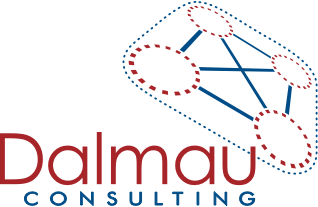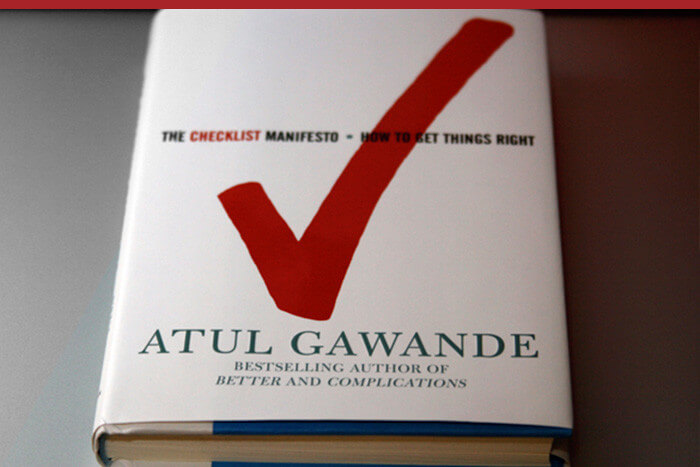All of us are working in a world of ever-increasing complexity and information overload. Technology and know-how is evolving to help us better manage this complexity, but we continue to be plagued by avoidable failures.
Atul Gawande, a surgeon, in his book of 2009, The Checklist Manifesto, describes a remarkably low-tech approach – the checklist – to manage the complexity of decision-making – consistently, correctly and safely. He developed this approach in the high stakes world of surgery. His very readable book tells the story of how he explored how the construction industry and airline pilots use checklists to make better decisions particularly when under time pressure. At the behest of the World Health Organization he refined and tailored the approaches he had uncovered, tested and improved them until finally he came up with a version for surgical teams.
A checklist approach is actually not about record keeping, but about guiding a team conversation to ensure that everyone had reviewed what is needed to make a case go as well as possible. It is in fact a way to bring focus to teamwork and discipline.
In 2008, when the results of a pilot study of surgical checklists in eight hospitals and 4,000 patients came in they were astounding;
- Rate of major complications for surgical patients in all 8 hospitals fell by 36%
- Deaths fell by 47%
Using the checklists had saved more than 150 people (out of 4,000) from harm, including 27 from death!
This approach has since been applied more widely around the world not only in medicine, but also in the financial sector, business and other professions.
Reading The Checklist Manifesto has made me want to explore Gawande’s experiences and ideas further. He certainly relates a very readable and stimulating story that causes us to think about the real things that make a real difference when people are faced with complexity and the need to make decisions under-pressure.
Watch this TED talk to get further insights into Atul Gawande’s ideas and approaches.
Jill Tideman







